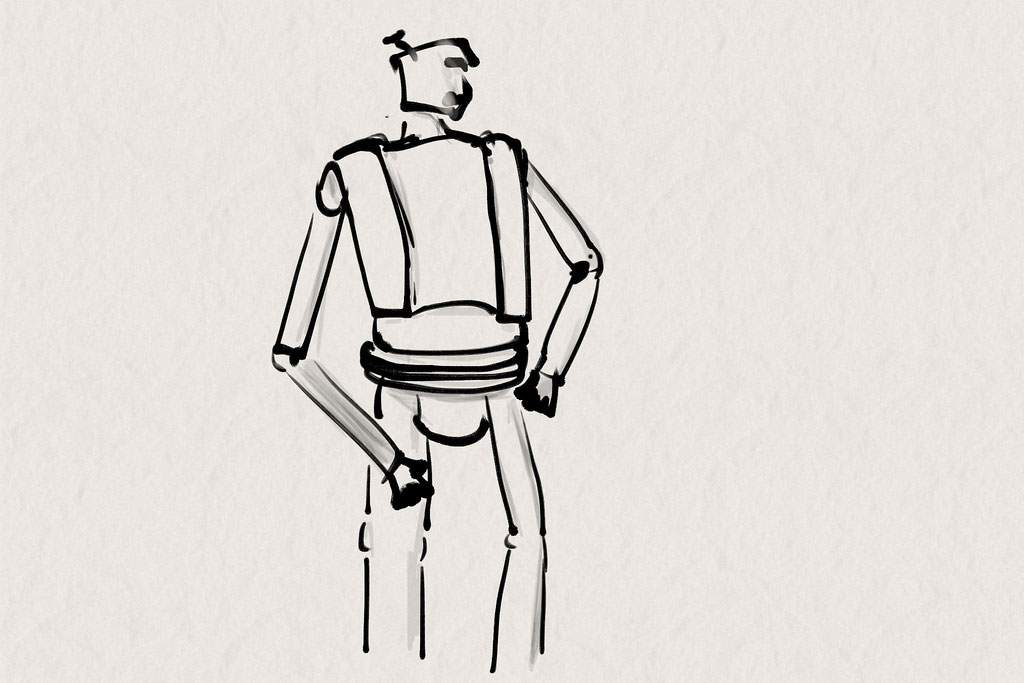
2012 marked the 100th anniversary of the birth of Alan Turing, a remarkable British mathematician and computer scientist. Turing cracked the code of the supposedly unbeatable German "Enigma" machine during World War II.
His name is also familiar thanks to his work in artificial intelligence. He thought the best way to answer the question "can a machine think?" was to see if it could consistently fool a judge into believing it was human. This was called the "Turing test."
The Turing Test
The "Turing test" has been making headlines, thanks to a field you might not expect: video games.
Five years ago, a professor in Australia teamed up with the development company "2K Games" to sponsor the "BotPrize competition." The challenge has Turing's name written all over it: programmers create a robot who faces human players in video game combat. Those players have to try to figure out which opponents are people, and which are robots. To win the grand prize, a robot has to receive over fifty percent "human" ratings.
Success!
In 2012, after five years of attempts, not just one, but TWO robots finally succeeded. They received fifty-two percent "human" ratingsthat's more than many of the human players themselves received! These results show just how well programmers can digitally mimic human behavior. Robots "learn" and "adapt" game tactics as they play, but built in constraints ensure they don't get in humanly good.
The 2012 BotPrize robots have important implications not just for the video game world, but also for virtual training in many fields. And one other thing is certain: they sure make a fitting 100th anniversary tribute to Alan Turing's legacy.









